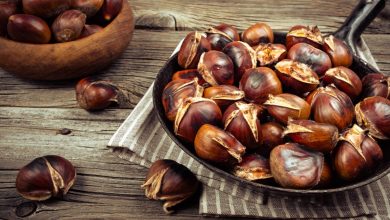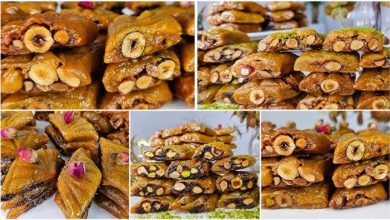Where to Buy Authentic Fustuq Halabi (Pistachios) in the United States
Arab and Muslim grocery stores, bakeries, and online markets keep the heritage of Middle Eastern pistachios alive across America.
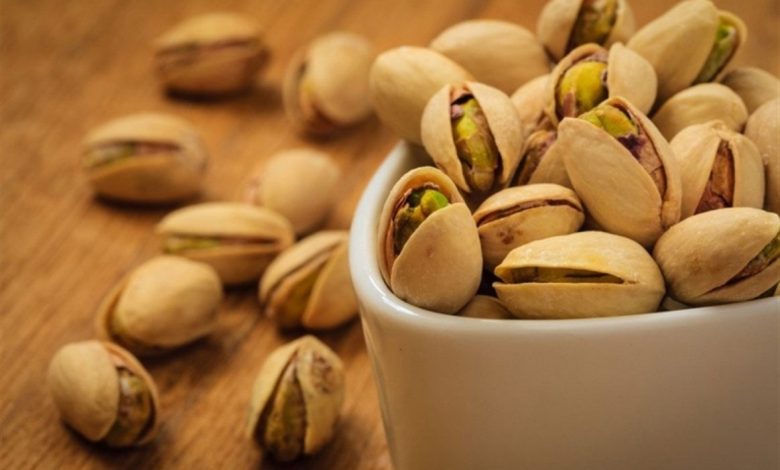
Pistachios—known in Arabic as fustuq halabi (Aleppo pistachios)—hold a special place in Arab and Muslim cultures. Originating in Syria, Iran, and the broader Middle East, these nuts are not only consumed as snacks but also play a central role in traditional sweets like baklava, knafeh, and ma’amoul. For Arab and Muslim immigrants in the United States, finding authentic pistachios has become more than just a shopping task—it’s a way to preserve heritage, taste, and identity.
Arab and Muslim Communities as Key Suppliers
In major cities across the U.S. with large Arab and Muslim populations, authentic pistachios are widely available. Neighborhoods in Dearborn, Michigan; Paterson, New Jersey; Brooklyn, New York; Anaheim, California; and Houston, Texas are known for their vibrant Arab and Muslim grocery stores. Shops such as Super Greenland Market in Dearborn and Nouri Brothers in Paterson regularly import and sell pistachios sourced from Syria, Turkey, and Iran, ensuring that customers can experience the authentic flavor.
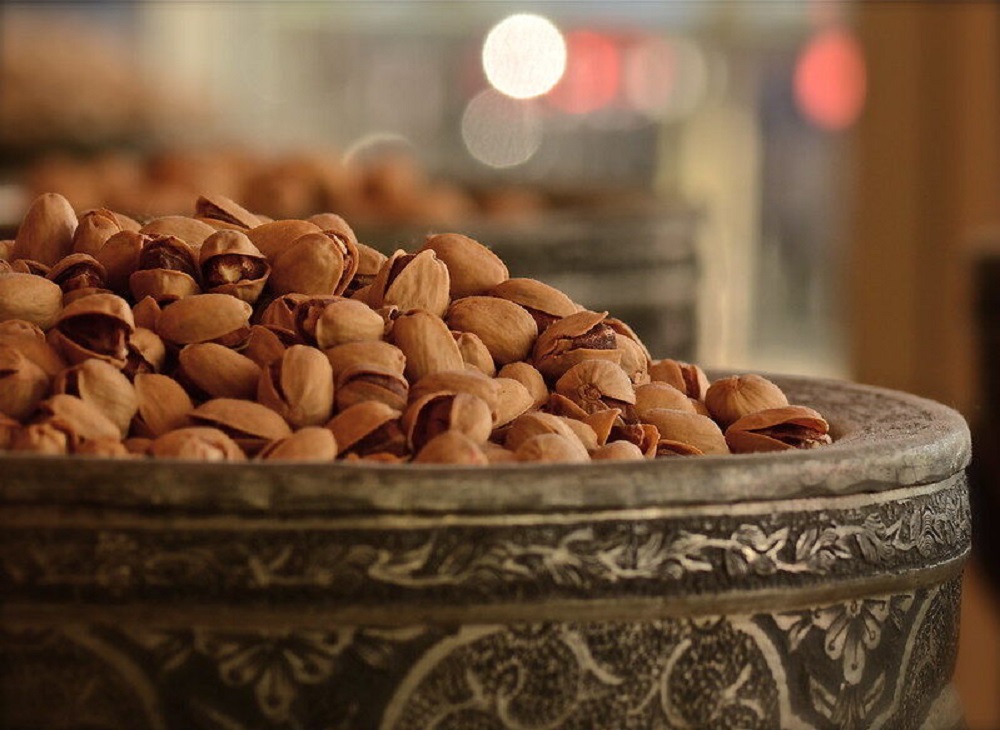
Specialty Sweet Shops and Bakeries
Arab and Muslim-owned bakeries, especially Palestinian, Lebanese, Syrian, and Iraqi, also sell pistachios both raw and roasted, as they are essential in Middle Eastern desserts. For instance, bakeries like Shatila Bakery (Michigan) and Al-Sham Sweets (New Jersey) not only use pistachios in their pastries but also sell them in bulk for customers.
Online Options for Wider Access
For Arab American families living outside of large metropolitan areas, authentic pistachios are available online. Websites such as Ziyad Brothers Importing, Sadaf, and Nouri Online Market deliver nationwide, selling pistachios that are imported from the Middle East. This makes it easier for smaller Arab and Muslim communities across the U.S. to access genuine products without relying on local availability.
Confirmation of Availability
According to the Arab American Institute and local business directories, Arab and Muslim-owned grocery chains are a primary source of authentic Middle Eastern nuts, including pistachios. Additionally, trade data confirms that the U.S. imports pistachios from Turkey and Iran through licensed distributors, further supporting availability in Arab and Muslim marketplaces.
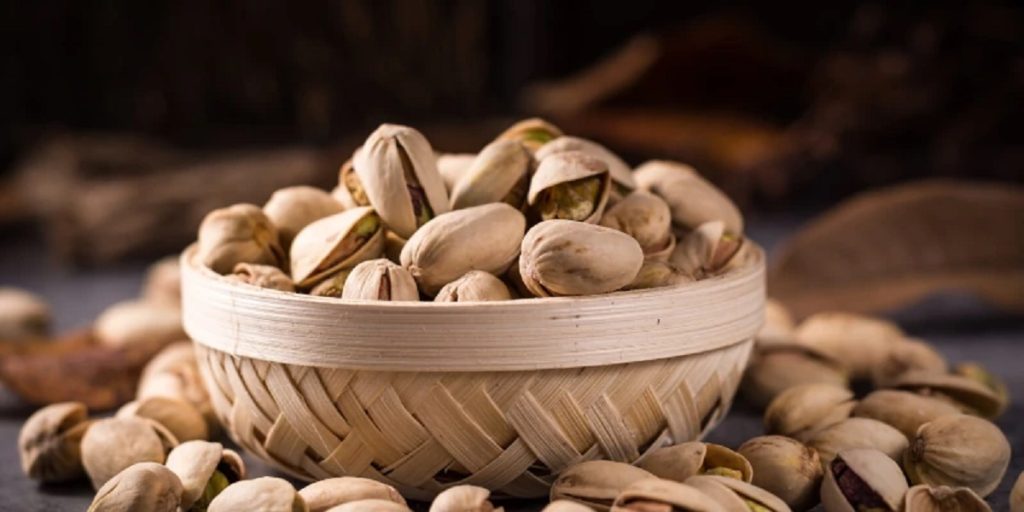
Cultural and Economic Value
For immigrant families, buying pistachios from Arab and Muslim-owned shops is not just about taste. It strengthens community businesses, supports cultural continuity, and provides younger generations with a direct link to their heritage.

